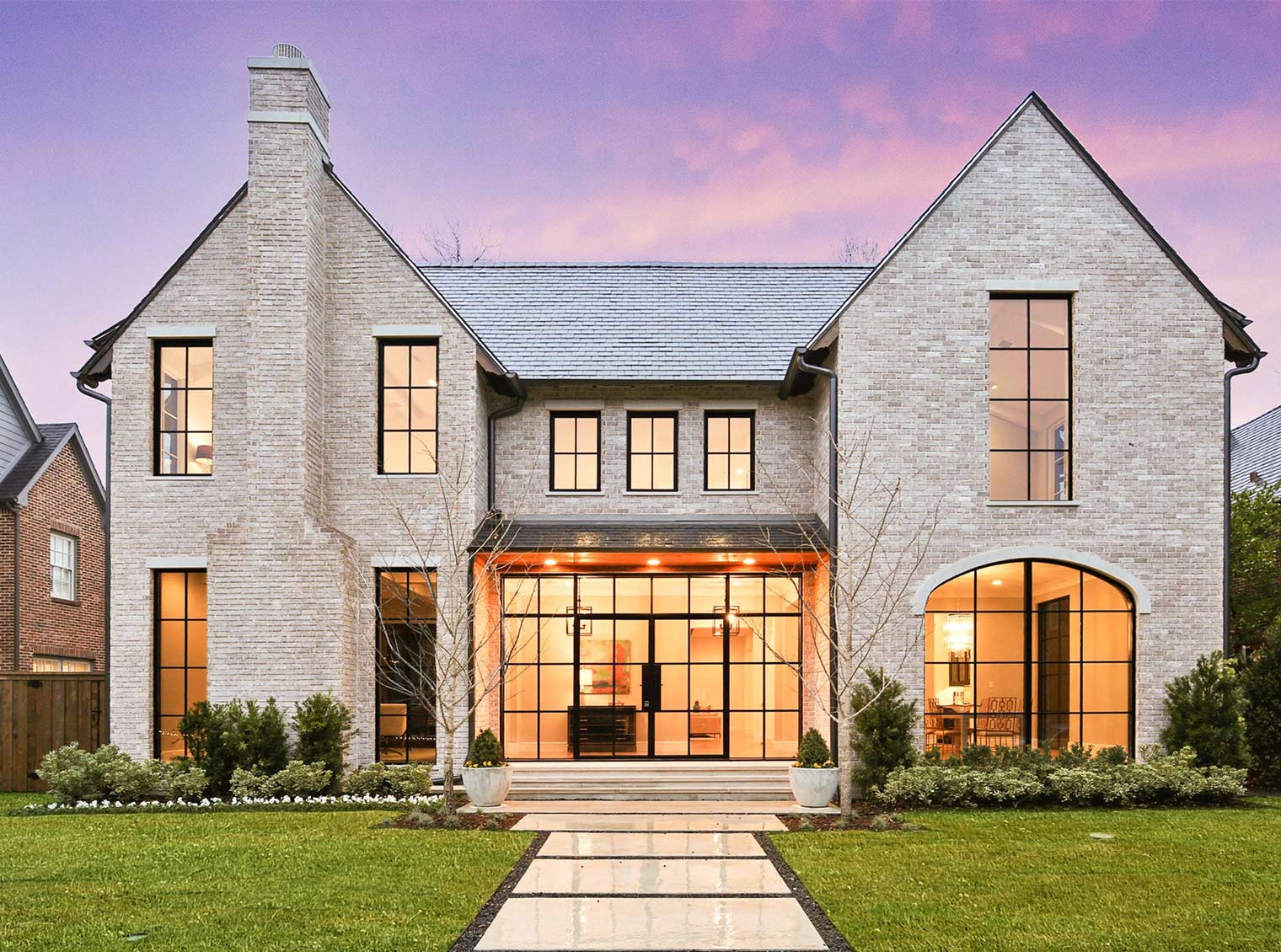A Rent Agreement is a legal document signed between a property manager and a tenant to lease a residential or commercial property. The person who owns the residential or commercial property is called the property manager and the person who takes the residential or commercial property on lease is referred to as the renter. A rental contract is really important as it contains all the terms and conditions connected to renting a particular residential or commercial property in written form. Renting a residential or commercial property without a written contract is really unsafe as it can result in legal problems in the future. An oral lease contract is not lawfully acceptable so if there is an oral agreement in between proprietor and tenant either party can repudiate the arrangement in such case the other party has to show the content of the arrangement which is quite difficult.

A lease arrangement is generally drafted by the attorney with the mutual permission of the renter and property manager, however it should be drawn up with the shared authorization of both parties and signed by both celebrations in the existence of 2 witnesses. A written rental agreement serves as evidence of a shared arrangement in between the celebrations and is admissible as proof in court and the regards to this contract can not be changed without the permission of both parties.

TYPES OF RENT AGREEMENT

A lease agreement is usually of 3 types specifically lease agreement, lease contract, leave and license arrangement. Among the 3 kinds of a rental agreement, whichever kind of contract is entered into, both celebrations are bound to adhere to its conditions. If the terms of the rental arrangement are broken, the other party can litigate to recuperate its due rights. However, the 3 kinds of rental contracts are discussed below;
• Rent arrangement: A lease arrangement is a conditional legal agreement between the proprietor and the occupant. It is a mutual arrangement between the proprietor and renter that permits a problem-free settlement in between the celebrations in the future.
• Lease agreement: A lease deed is a kind of legal document that transfers ownership of a residential or commercial property for a specified amount of time in factor to consider of an assured rate. A lease arrangement is typically produced the long-term leasing of a residential or commercial property.
• Leave and accredit agreement: A leave and license agreement is a legal file in which a residential or commercial property owner enables an individual to use his residential or commercial property for a particular duration of time in exchange for a specified license cost, it does not move the ownership of the residential or commercial property. A leave and license arrangement in between property owner and occupant is frequently used to lease a house.
BENEFITS OF RENT AGREEMENT
The benefits of a composed lease contract are as follows:
• A composed lease arrangement is made with the permission of the tenant and the property owner.
• The terms and conditions of a lease contract are set upon the consent of both celebrations.
• It protects the rights of both celebrations and also safeguards them from future disputes.
• It supplies security to the landlord's residential or commercial property and protects tenants from illegal claims by proprietors.
• It is permissible as evidence in court.
IMPORTANT CLAUSES OF THE RENT AGREEMENT
A lease agreement is prepared with the authorization of both celebrations. However, the clauses that must be included in a rental agreement are mentioned listed below.
• Details of parties: This is the first clause of a rental arrangement. This clause recognizes the parties to the agreement. In order to determine the celebrations to the rent arrangement it is vital to mention their name, age, religious beliefs, occupation, address, and so on in the arrangement. If one of the parties to a rental contract is a company, the name and address of that organization must be included in the arrangement and also the name, age, dad's name, occupation, address, and classification of the person representing the organization should be discussed.
• Description of rented residential or commercial property: A thorough description of the residential or commercial property in respect of which a rental arrangement is being prepared should be mentioned. It is also really crucial to point out that this residential or commercial property is supplied or unfurnished, if furnished then what furnishings remains in the residential or commercial property should be discussed. If a rent agreement does not supply a thorough description of the residential or commercial property, there stays a high possibility of future conflicts.
• Tenure of agreement: The tenure of a rental contract depends upon both parties. The period of the tenancy agreement is not repaired, it can never be said that the occupancy of a residential property does not exceed 11 months. However, when preparing a rental agreement, it is very crucial to define its duration and also the start and end dates of the agreement.
• Purpose of rent: It is necessary to point out the function for which a tenant is leasing the residential or commercial property and likewise it is really essential to point out that no anti-social activities can be done on the residential or commercial property. If the purpose of the rent is not specified, the renter will do as he pleases in the residential or commercial property and the proprietor might face problems in the future.
• Rent and down payment: The month-to-month lease of the residential or commercial property and the down payment are a part of the rental agreement which should be clearly pointed out and it is likewise essential to discuss the specific date on which the rent will be paid every month. If there is any condition of boost in rent after a given period then it should be pointed out.
• Maintenance expense: Nowadays, the trend of living in flats has increased but the owner has to pay month-to-month maintenance charges to maintain the common area of the flat. Maintenance costs should be paid for residing in a flat, so the occupancy contract must define who will pay the upkeep expenses in between the owner and the occupant.
• Lock-in duration: If there is a condition that the tenant can not leave your home for a certain period or the landlord does not ask the renter to vacate your house then this lock-in period should be defined in the contract.
• Duties and responsibilities: The responsibilities and obligations of both celebrations should be clearly specified in a rental agreement. Both parties will be bound to comply with the terms and conditions discussed in the agreement. The responsibility of the occupant is to pay lease on time, take care of the residential or commercial property and preserve peace and order. On the other hand, the task of the property manager is to keep your home in a rentable condition and maintain the water and electrical power supply on time.
• Renewal, termination, and notification period: An arrangement for an extension of the lease contract should be consisted of in the agreement. The agreement should specify whether the renter can renew the arrangement at the end of the term.

The agreement must consist of an alternative that the occupant can end the rental agreement before the end of the term and it can likewise state that the property owner can ask the occupant to cancel the contract before the end of the term and leave the properties if the proprietor needs the residential or commercial property. In this case, the celebrations will alert each other with an optimum of two months' composed notice. Both parties may mutually select an extension, renewal or notice period before the agreement is prepared.
• Dispute resolution: One of the most essential parts of the agreement is the way to solve the problem. Disputes can occur in between landlords and tenants at any time, so it is important to specify in the agreement how disagreements can be resolved. The court, arbitration, and conciliation are the most common methods to solve disputes in between proprietors and renters.








